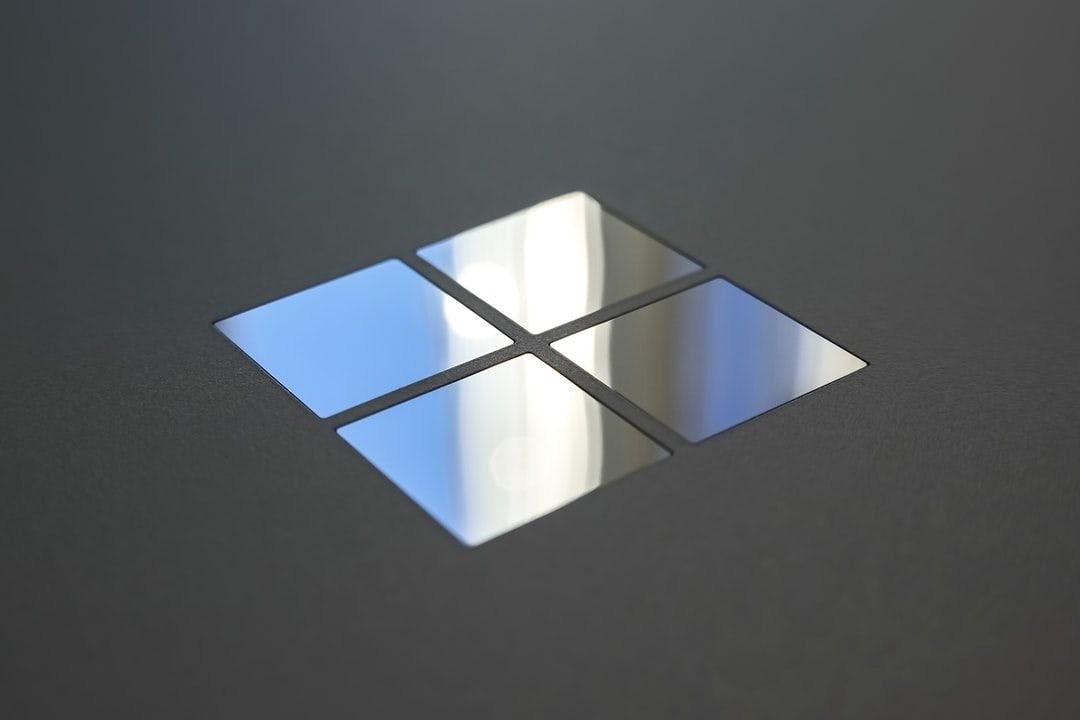837 reads
What is it Like to be a Software Engineering Intern at Microsoft?
by
April 22nd, 2022
Audio Presented by

SWE @Microsoft, TOP mentor @Mentorcruise, exP.M. @GetBuzz, ex SWE Intern @Microsoft, ex TeachLead at NDWebSolutions
About Author
SWE @Microsoft, TOP mentor @Mentorcruise, exP.M. @GetBuzz, ex SWE Intern @Microsoft, ex TeachLead at NDWebSolutions
